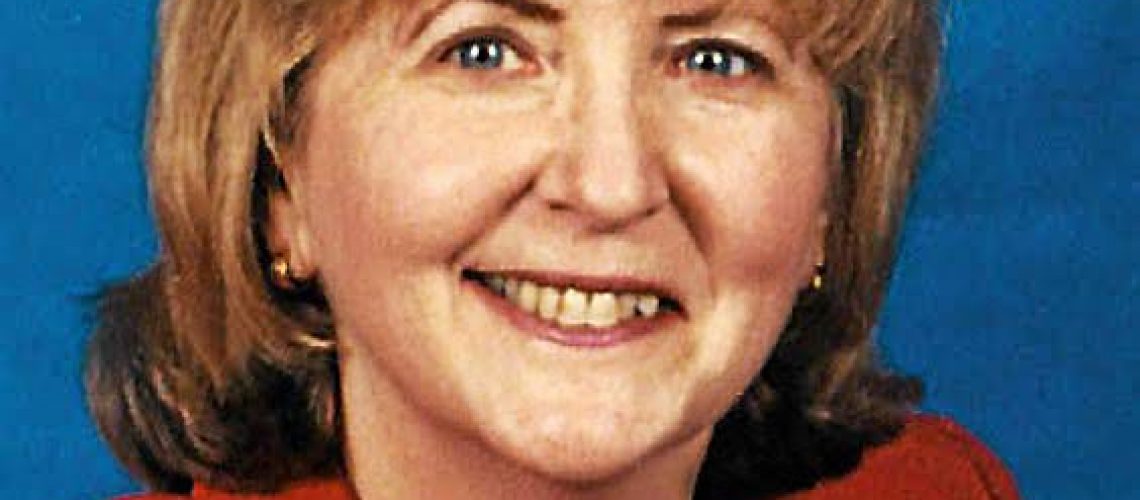If you ever wondered why you might receive a blockbuster medical bill even if you have health insurance, the reporting of Kaiser Health News (KHN) can help. KHN, a nonprofit news service that reports on how the health care system works, is editorially independent of another well-known nonprofit, the Kaiser Family Foundation, and not affiliated with the health insurance company, Kaiser Permanente. It can be accessed online at https://khn.org and has taken on a daunting project which is documenting and explaining in English what is happening with hospital, medications and other medical bills. Each month it publishes a “Bill of the Month” with explanations why.
The “Bill of the Month” for August, for example, published on August 27, 2018, reports on “A Jolt To The Jugular! You’re Insured But Still Owe $109K For Your Heart Attack.” Here are the facts as reported by them.
Drew Calver, a popular high school history teacher and swim coach in Austin, Texas, suddenly collapsed from a heart attack at his home and was rushed to St. David’s Medical Center on April 2, 2017 where doctors confirmed he needed emergency stents implanted to open his clogged artery.
Drew asked whether his health insurance would cover since the Medical Center was “out-of-network” on his school district health plan. He was assured by the hospital that he was ok and the surgery was performed.
The hospital charged $164,941 for the surgery and four days in the hospital. AETNA, the administrator for the health benefits for the school district, paid the hospital $55,840. At that time the hospital billed Drew for $108,951.31. See update below. What happened?
Surprise Bills and Out-of-Network
Although the out-of-network issue was raised in this situation initially, it turned out not to be the primary problem since it was emergency care where he did not have a choice. This kind of bill is referred to as a surprise bill. One point recently being stressed is that, even when you go to a hospital or a provider that is in-network, another out-of-network party could become involved such as, for instance, if you receive surgery from a team and someone involved is out of network. Medical plans are becoming increasingly complicated and you cannot always determine who is and who is not in-network.
Overcharges
The KHN team sent the itemized charges to experts in the field who reported they believed charges were excessive.
Balance Billing
In Drew’s case, the out-of-network hospital and the insurer disagreed on what was a reasonable price for the care. When the insurer paid only $55,840, the hospital then demanded the patient pay the difference. This is a practice referred to as “balance billing.”
Balance billing is prohibited, controlled or limited to certain conditions in some states. That was true in Texas where Drew received his care. However, it had an exception.
Health coverage in his case came through his large employer which was self-insured but used an outside health insurer, AETNA, to administer the fund. His employer did not fit within the rule in Texas which applied to health insurers.
Note that, if your insurance is Medicare and a Medicare Supplement, there is some protection. This case involved insurance through a large employer, not Medicare.
What To Do
The article recommended that, when faced with a large balance bill or surprise bill situation, not to rush to pay the bill immediately and allow the process to play its course through the insurance companies.
That might be easier said than done since one concern is reflection on your credit score. However, easier than the type of charges stated here. Also, ask for an itemized bill. Another recommendation was to talk to your employer’s benefits department or to the State Insurance Commission regarding legal protections.
As best I can tell, legislation was introduced in Pennsylvania for balance bill protection but not passed at this time. Tell anyone involved that you are disputing the bill.
Finally, what did Drew have to pay? When the dust settled and KHN investigated, according to the article, the hospital stated it was willing under its “financial assistance discount” to settle for $782.29 to resolve the $108,951 balance if Drew submitted a written request. At the time of publication he did not believe that should be owed.
——————————————————
Photo courtesy of: The Reporter
Originally Published On: The Reporter
Follow Medical Coding Pro on Twitter: www.Twitter.com/CodingPro1
Like Us On Facebook: www.Facebook.com/MedicalCodingPro







